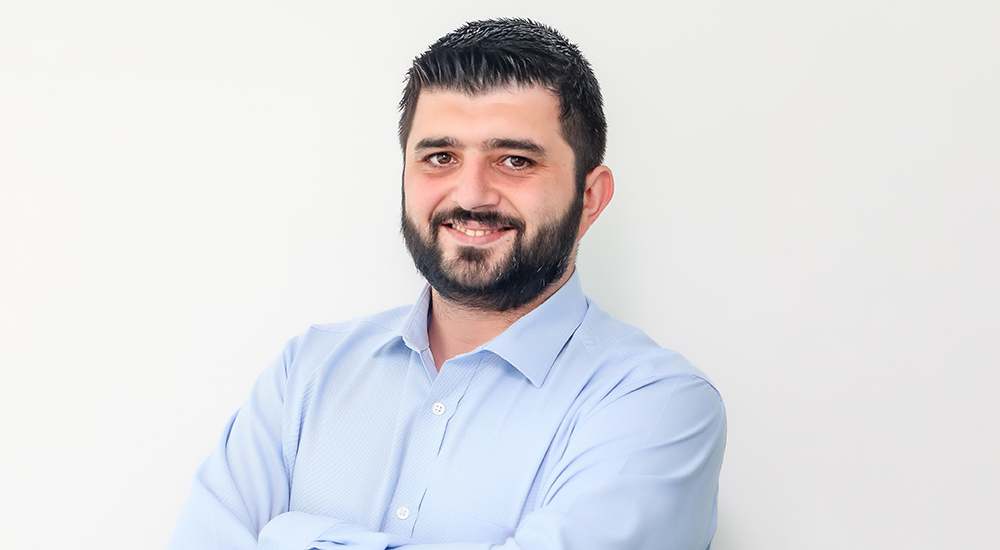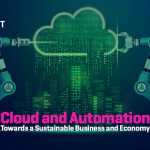ARIS for Sustainability launched in 2022

Given the fact that the pandemic is only just behind us while the threat of recession is looming ahead, organisations are expected to be cautious in their human capital investments by elevating and promoting deserving and competent workforce while limiting new hires or team expansions to the bare minimum. The key will lie in being agile in responding to social, political and economic external changes that could shake up a country, region or the entire world.
This can be simply achieved by focusing on core capabilities, core processes with the right organisational support while relying on third-party support in areas that are not strategic or where suitable and cost-effective, to not increase head count that leads to additional overheads. Adhering to these cautionary measures will keep the company resilient in 2023.

Businesses have faced huge challenges and have undergone incredible amount of change over the past few years. While in 2023, businesses will have to deal with the aftereffects of the pandemic, the year will continue to witness innovations and developments for businesses to optimise and consolidate to create smarter enterprises through business and technology transformations.
Moreover, given the political changes and global economic outlook, ongoing inflation and subdued economic growth, companies need to continue elevating their resilience and future proofing to stay afloat as they constantly look to gain cost and business efficiencies for the long-term.
As businesses continue to accelerate digital transformation and technologies such as AI, IoT, cloud, blockchain, will see continued adoption and boundaries blurring. The focus of transformation in 2023 will lie on technologies that will support optimisation and sustainability objectives and strengthen existing organisational capabilities. For this, businesses will need to ensure the right technologies are adopted throughout processes in every area of operations across the business.
Speaking of sustainability, as the world is increasingly waking up to the fact that climate disaster will pose a huge challenge, companies will have to ensure creating sustainable business models by integrating systems seamlessly and running processes efficiently to facilitate free flow of information and insights to drive transformational growth.
Solutions that will see significant growth, amongst others are, solutions around security, data governance and the adoption of agile and scalable integration with increasing cloud adoption for optimum impact on IT and business operations and the overall infrastructure of a business.
In present times, most enterprises are becoming aware that carbon emissions are not a result of certain activities or some processes of an organisation alone. For instance, it is no longer limited to manufacturing companies which were known to contribute to carbon emissions directly. Executive travel, for instance is becoming one of the big contributors to this and organisations are consciously reducing employee travel thereby consciously contributing towards building a sustainable future.
Having said, a thorough evaluation of organisation wide processes is important to consolidate and optimise processes that help in monitoring carbon emissions. ARIS for Sustainability from Software AG was launched earlier in 2022 to aid organisations to monitor and measure emissions using data from devices across the board that identify root causes and contributing factors using ML and AI and recommend ways to best manage them; either alter or eliminate those areas from the business to make them more sustainable.
Additionally, integration solutions software webMethods from Software AG aids organisations in merging duplicate processes using analytics thereby making the organisation overall efficient.
ARIS from Software AG supports business process analysis and management, enables organisations to embrace digital transformation, helping them identify and improve business inefficiencies and is the key to operational excellence. Its process mining capabilities allows businesses to identify bottlenecks and opportunities and execute processes in a more efficient manner while also enabling a comparison between identified as-is situations and to-be standards to drive process standardisation.
On the other side, the company’s Enterprise Architecture Management and IT planning and portfolio tool Alfabet, enables technology executives to analyse their IT landscape from a capability and financial perspective. This allows organisations to wisely manage their current IT portfolio and collaboratively plan, through consolidation of applications, cloud migration etc.
As more organisations move to cloud in the region, an increased need for hybrid integration is being witnessed. A platform like Software AG’s Hybrid Integration and API management platform, webMethods is built to connect cloud and on-premise data and applications and takes into account everyone and everything that needs to work together to make modern enterprises run like a well-oiled machine – to create a truly ‘hybrid’ approach.
Key takeaways
- Focusing on core capabilities and core processes while relying on third-party support in areas that are not strategic.
- Adhering to these cautionary measures will keep the company resilient in 2023.
- Businesses have faced huge challenges and have undergone incredible amount of change over the past few years,
- Companies will have to create sustainable business models by integrating systems seamlessly and running processes efficiently.






